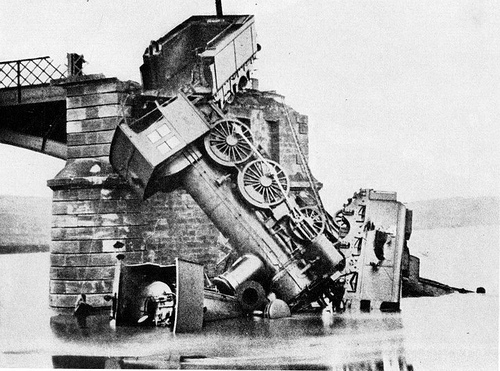Zhaleskra
Adventurer
This topic has nothing to do with whether "railroading" is good or bad. It is about what I dislike about the term itself.
Okay, so a train can only go where the tracks it is on go. This is where we get this term. But railroads also have switches, that allow/force one train to go somewhere else. I'm not going to get into why, because it's not important.
Hmm, as I write this I think my problem is not so much with the term "railroading" as it is with the concept of "jumping the tracks". Granted even going to separate, switched tracks, can still only get you to limited destinations.
Okay, so a train can only go where the tracks it is on go. This is where we get this term. But railroads also have switches, that allow/force one train to go somewhere else. I'm not going to get into why, because it's not important.
Hmm, as I write this I think my problem is not so much with the term "railroading" as it is with the concept of "jumping the tracks". Granted even going to separate, switched tracks, can still only get you to limited destinations.




